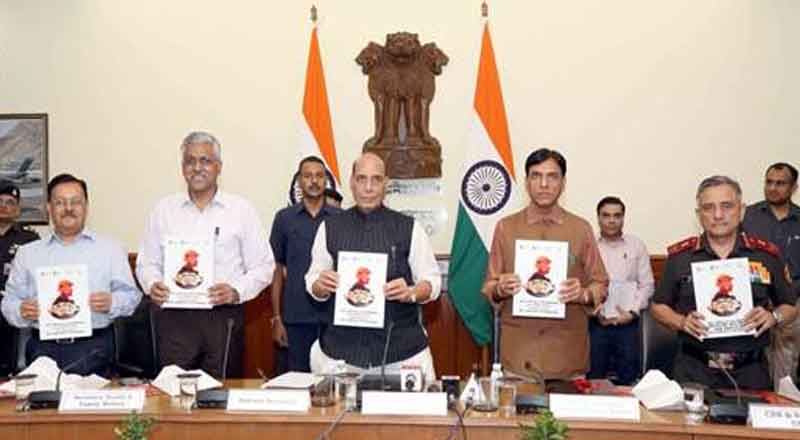Rural India constitutes around sixty seven percent of India’s total population. This rural population lives in the villages that require necessary attention for addressing crucial issues such as, poverty alleviation, better livelihood opportunities, and provision of adequate village infrastructure facilities. Although several policies and programmes for rural development have been introduced and implemented by the government since independence, yet struggle continues for improving the lives of rural people and provision of basic facilities like education and health, livelihoods, sanitation, safe drinking water etc. Recognizing the fact, that, the government alone cannot address the mammoth challenges, partnerships with various actors of development – non-government organizations (NGOs) /civil society, corporates for CSR action, etc. are imminent.
NGOs working with rural communities possess a good potential in playing a catalytic and change-agent role in rural development process of the country, backed by their experience of local engagement working at grassroots levels and ability to connect meaningfully with rural people. Corporate engagement in rural development process can be strengthened by reaching out to the civil society organizations/NGOs, for implementing the CSR interventions and programs, which can be effective and sustainable in the long run. NGO-Corporate CSR partnerships in this sense can be much value-added for accomplishing the UN Sustainable Development Goals (UNSDGs).
Contributing to the UNSDGs and working together with rural communities, S M Sehgal Foundation (SMSF), Gurugram, a public, charitable trust registered in India since 1999, has been aiming to strengthen community-led development initiatives to achieve positive social, economic, and environmental change across rural India. The Foundation envisions every person across rural India empowered to lead a more secure, prosperous and dignified life.
With support from donors and partners, SMSF has worked along with the communities in rural India to address the pressing challenges of water security, food security, and social justice. The core programs of the Foundation encompassing water management, agriculture development and good rural governance are spread in various villages of the five states of Haryana, Rajasthan, Bihar, Telangana and Andhra Pradesh.
The Foundation works with varied multi-stakeholders – government, international organizations and corporates through their support to specific thematic projects and programs. Partnerships have enabled the Foundation in expanding the outreach and strengthening impact of its work in various parts of rural India. Specifically with corporates working on CSR projects, the Foundation has done rural interventions in several villages in areas of integrated water management, rainwater harvesting, safe drinking water, better sanitation and water for schools, improving agriculture productivity and livelihoods of small and marginal farmers, upgrading school infrastructure, community- led development for empowering rural citizens and village institutions, life skills and internet literacy, awareness programs through community radio, etc., to mention a few.
The Foundation welcomes the corporates and PSUs from various industry sectors, organizations/institutions and individual donors/supporters, to join hands with us in becoming a partner in progress of rural India, as together we can empower the rural communities.
Aparna Mahajan, Director, Partnerships and External Relations – S M Sehgal Foundation
Aparna Mahajan, Director, Partnerships and External Relations, S M Sehgal Foundation, has several years experience of working in industry, development sector and with United Nations. She has worked on diverse areas in social and rural development, with a focus on CSR, building partnerships and collaborations with multi-stakeholders. She has Master’s degree in Business Administration (MBA), and World Bank Institute, USA, certificate in corporate social responsibility and sustainable competitiveness.





